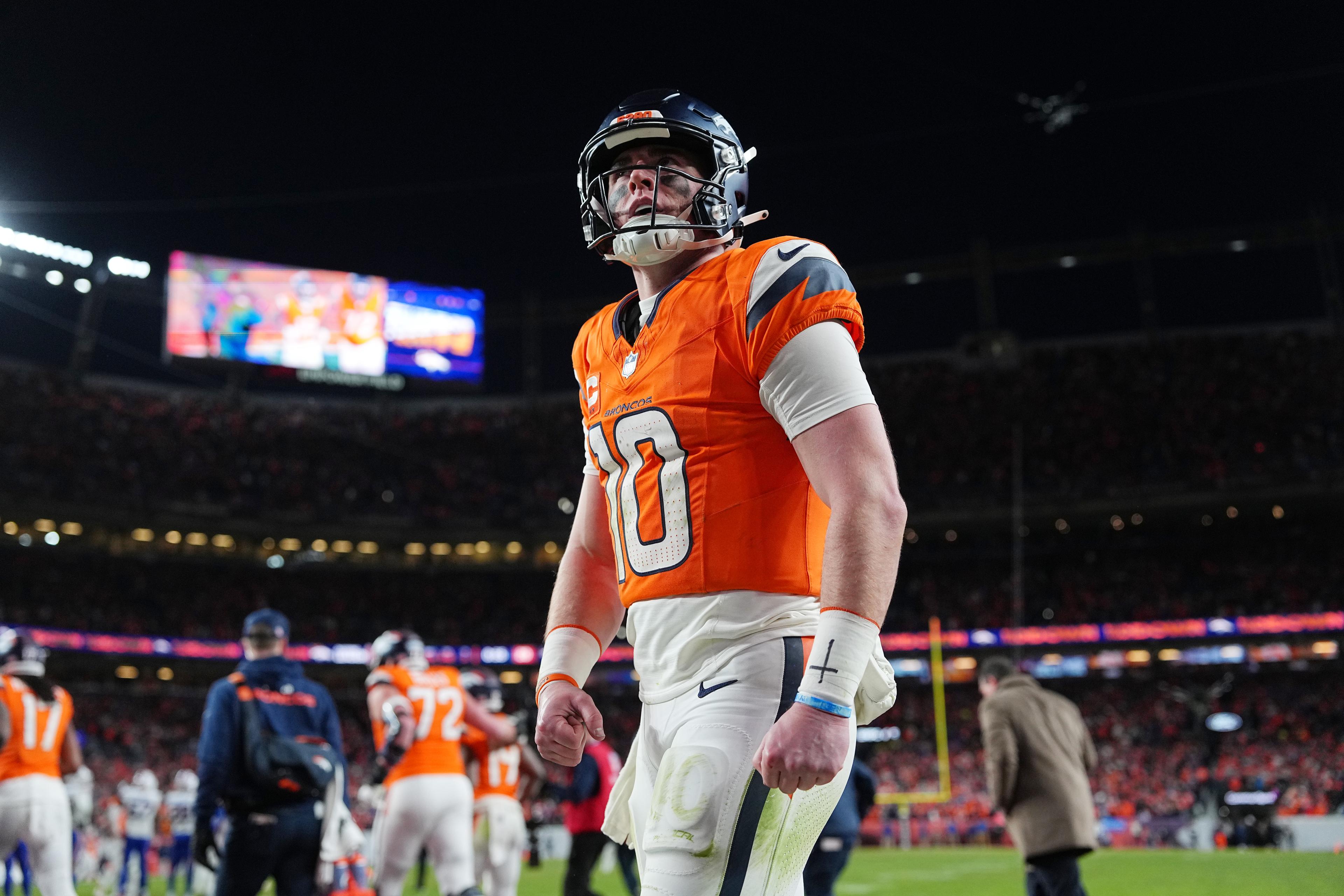
Colorado’s vaccination rate for measles is one percentage point lower than needed to reach herd immunity, according to the state epidemiologist with the health department.
“What we call the community immunity or herd immunity threshold for measles is about 95 percent. So statewide we are falling short of that. So that does mean that Colorado is potentially at risk for outbreaks,” said the state epidemiologist, Rachel Herlihy.
But the day after Colorado’s first known case of measles was reported in Pueblo, state health leaders said there is also some good news.
“Measles is highly preventable. We have a highly effective vaccine, the MMR vaccine that with two doses is 97 percent effective at preventing measles infection and provides lifelong protection against the disease,” said Herlihy on Tuesday morning during a virtual press conference.
The vast majority of school kids in Colorado have gotten a vaccine for measles, mumps and rubella — the MMR vaccine — but the rate for the youngest kids who are most vulnerable isn’t as high as it needs to be across the board for protection at the community level.
“Honestly, what is most concerning are pockets of under-vaccination that we know exist across all of the state in certain communities, schools, child care facilities where vaccination rates might be well below 80 percent. And in those communities, that's really where the greatest risk for measles outbreaks exists,” Herlihy said.
Colorado’s first case in 2025
On Tuesday, officials also confirmed the state’s first case of measles this year.
Randy Evetts, director of Pueblo Public Health and Environment, said that the case was reported by a commercial laboratory on Monday and that’s when public health officials got involved.
“Subsequent investigation by our team found that this person was an unvaccinated adult, with recent travel to Mexico where there is an ongoing outbreak of cases. The person returned to Pueblo and to work and later presented to the local urgent care on March 22 with measles symptoms,” Evetts said.
Measles is a highly contagious, airborne, respiratory infection, perhaps best known for its distinctive rash and fever. The virus can cause serious health problems, especially for children under the age of 5.
It spreads so freely, according to the federal Centers for Disease Control and Prevention, that “up to 9 out of 10 people nearby will become infected if they are not protected.”
Before the MMR vaccine was introduced, an estimated 48,000 people were hospitalized and 400–500 people died in the nation each year.
Colorado recorded one case of measles in the state from 2020 to 2024, in 2023.
Outbreaks in other states
Herlihy said that measles is not just a rash and should be taken very seriously.
“Measles is actually a severe infection,” she said. “If you look at national data from this year and the last couple of years, when we look at severity rates associated with measles, we see typically a 20-40 percent hospitalization rate associated with the infection.
She also listed some of the complications of the disease, things like hearing loss, pneumonia and encephalitis, which is a type of brain inflammation.
“And tragically we also know from the outbreaks that are occurring in Texas and New Mexico that cases can be fatal. Both Texas and New Mexico have had deaths this year associated with measles,” Herlihy said.
As of last week, there were 483 confirmed measles cases in 20 states so far this year: Alaska, California, Florida, Georgia, Kansas, Kentucky, Maryland, Michigan, Minnesota, New Jersey, New Mexico, New York City, New York State, Ohio, Pennsylvania, Rhode Island, Tennessee, Texas, Vermont and Washington.
About 75 percent of all cases are in people ages 19 and younger.
Questions about HHS recommendation
The Colorado Department of Public Health and Environment also answered questions about vitamin A as a treatment for measles, an idea promoted by U.S. Department of Health and Human Services Secretary Robert F. Kennedy Jr.
“There is limited evidence that does support the role of vitamin A treatment, particularly in children, particularly in hospitalized children or children with more severe disease, in improving outcomes from measles infections in those children,” Herlihy said.
But vitamin A does not prevent measles and should only be given by a health care provider because of its potential toxicity, she said.
“The MMR vaccine is the one really effective strategy we have,” Herlihy said.
Dr. Ned Calonge, chief medical officer of the state health department, echoed her sentiment on Tuesday.
“I think this single case is an excellent bellwether to help parents and remind them about the importance of getting their children vaccinated against measles,” he said.
Should you get another vaccine?
Officials also broke down which adults might need a measles booster. If you were born between 1968 and 1989 and got vaccinated, you got one dose of the MMR vaccine as a kid. Herlihy said that’s an effective amount for most adults. So unless you work in health care or travel a lot internationally, you probably don’t need a booster.
Vaccinated people born after 1989 got two doses, which is even better — it’s 97 percent effective into adulthood.
If you were born between 1957 and 1968, though, check with your doctor, Herlihy says. You might need another dose.
And no matter when you were born, if you’re not sure if you were vaccinated or not, you can talk to your doctor.







